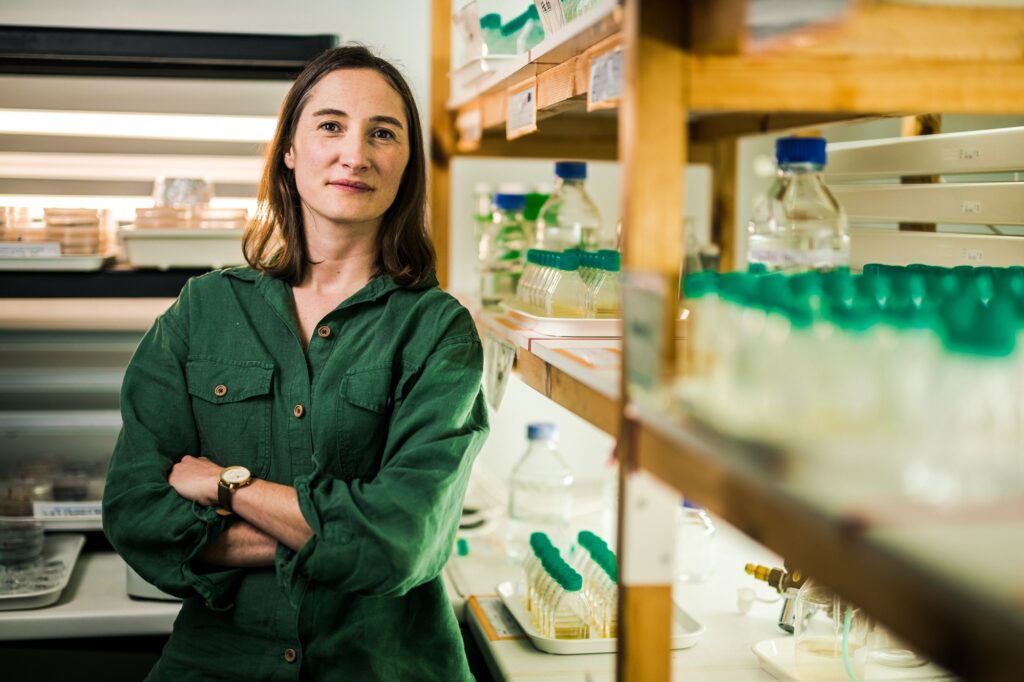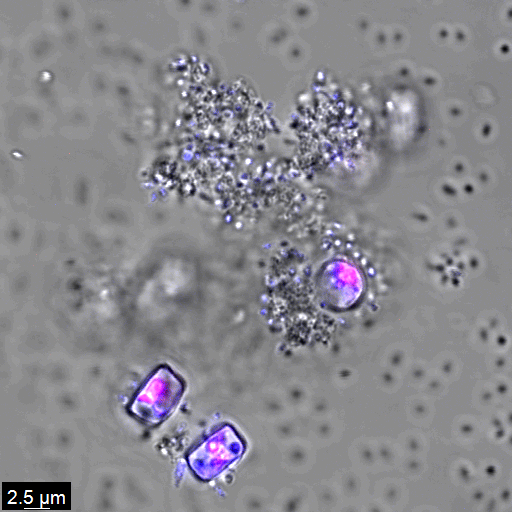A leading researcher from the Marine Biological Association (MBA) has received a significant funding boost from the European Research Council (ERC).

NERC Independent Research Fellow Dr Katherine Helliwell who holds a joint appointment at the MBA and University of Exeter will lead on a €2,299,893 award for the project DIACIDAL, which examines interactions between phytoplankton (plant-like ocean microbes) and bacteria that can kill them.
Dr Helliwell‘s DIACIDAL project will examine the interactions between phytoplankton and bacteria. Globally, phytoplankton absorb vast quantities of carbon and support ocean life at the base of marine food chains – and this project focuses on one of the most abundant groups of phytoplankton, the diatoms.
DIACIDAL addresses crucial unknowns in our understanding of how certain bacteria can kill diatoms – and how diatoms can sense and evade attack. The project also has the potential to unlock opportunities for biotechnology, such as new antimicrobial compounds.

Dr Helliwell said: “Interactions between phytoplankton and bacteria are crucial in mediating carbon cycling in the oceans, yet because they are invisible to the naked eye, we know little about how they work and their roles in the environment. I’m thrilled and honoured to have been awarded this ERC funding for my project DIACIDAL that will use new technologies to overcome these challenges.”
The European Research Council (ERC) awarded its Consolidator Grants to 328 researchers overall. These grants, totalling €678 million, aim to support outstanding scientists and scholars as they establish their independent research teams and develop their most promising scientific ideas. The funding is provided through the EU’s Horizon Europe programme.
Dr Helliwell is Research Lead of Algal Microbiome and Ecophysiology at the MBA. Find out key publications, latest projects and research impacts by visiting the MBA website.